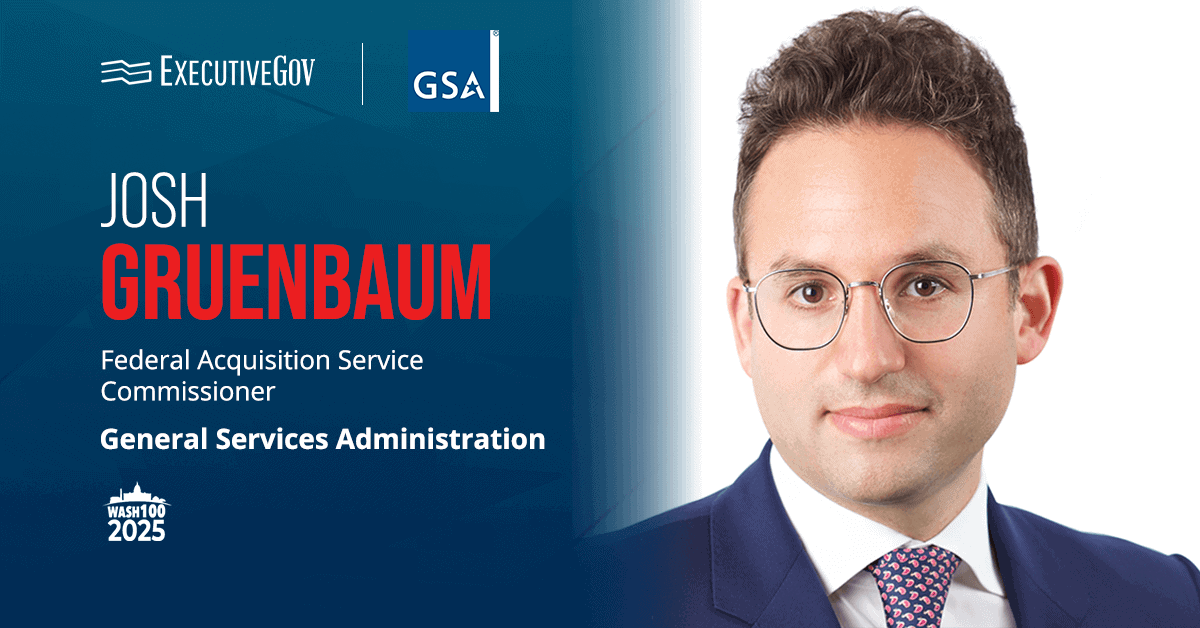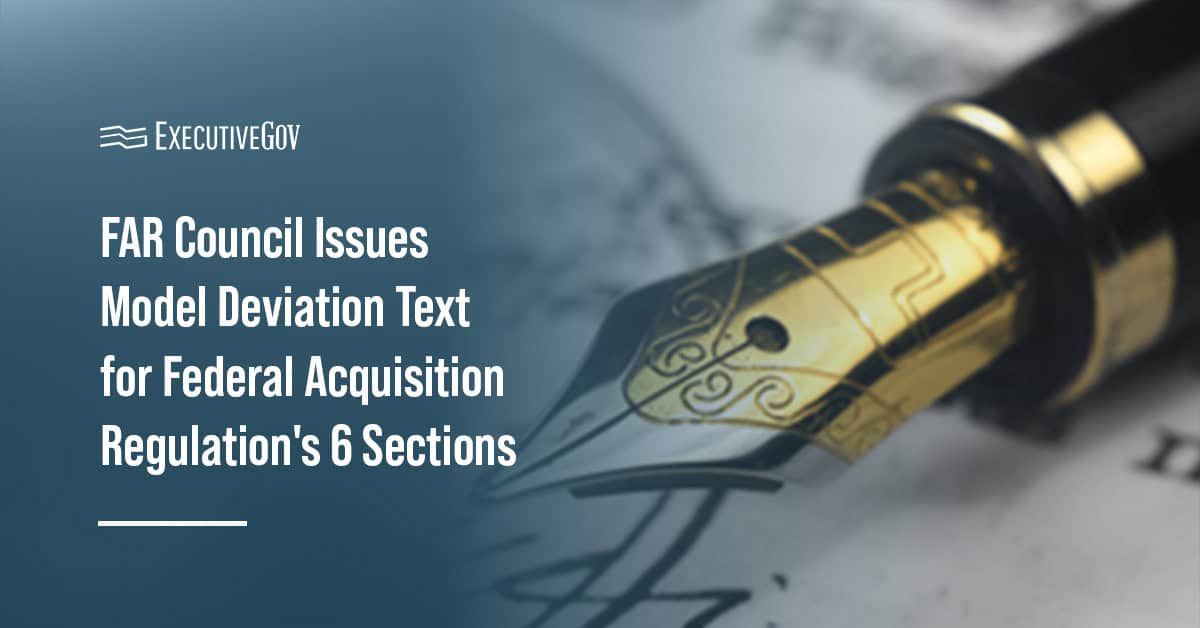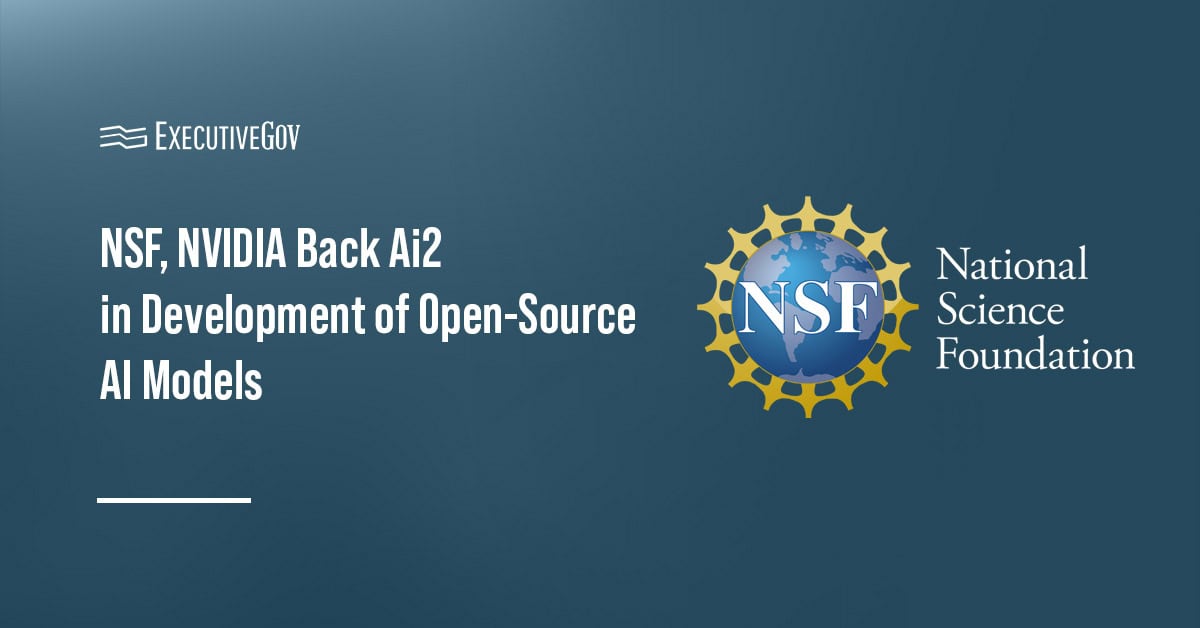
President Trump nominated Lt. Gen. David Berger for the U.S. Marine Corps commandant position. The nomination also includes Berger’s potential promotion to general. Berger serves as USMC’s deputy commandant for combat development and integration and commanding general of the service branch’s Combat Development Command, the Department of Defense said Wednesday.
He holds more than 30 years of military experience, having held assignments with 1st Marine Division and 2nd Reconnaissance Battalion. The experienced marine joined the military in 1981 as an infantry officer. He also held instructor duties with avation, special force and expeditionary groups within USMC during the earlier portion of his military career.
Berger received assignment in 2012 to support Operation Enduring Freedom as commanding general of 1st Marine Division. He’s been serving in his current roles since August 2018.
Related Articles
The General Services Administration has launched USAi, a secure generative artificial intelligence suite designed to help federal agencies experiment with AI tools and accelerate AI adoption. GSA said Thursday the launch of USAi advances the priorities in the White House’s America’s AI Action Plan, which seeks to strengthen U.S. leadership in AI through coordinated federal action, streamlined adoption and smarter infrastructure. A panel discussion at the Potomac Officers Club’s 2025 Navy Summit on Aug. 26 will explore generative AI and how it optimizes decision-making within the service branch. Book your spot now at this GovCon networking event! Expanding Federal Government’s
Nextgov/FCW reported that the Federal Acquisition Regulatory Council on Thursday released new model deviation text for six parts of the FAR as part of the Revolutionary FAR Overhaul, or RFO, initiative. In April, President Donald Trump signed an executive order directing his administration to amend FAR to streamline the federal procurement process and eliminate barriers to doing business with the government. In June, the FAR Council released model deviation text for sections related to emergency acquisitions, contract modifications and acquisition of information and communication technology, or ICT. The overhauled FAR parts include sections related to administrative and information matters; required sources of
The National Science Foundation and NVIDIA will invest $152 million in the development of advanced, open-source artificial intelligence models aimed at accelerating American scientific discovery. The public-private investment will support the Open Multimodal AI Infrastructure to Accelerate Science project led by the Allen Institute for AI, or Ai2, NSF said Thursday. Public-Private Investment for Open Source AI Models NSF will provide $75 million, with NVIDIA contributing $77 million. The initiative supports the White House AI Action Plan and aims to ensure the United States remains a leader in AI-powered research and innovation. “As called for in the AI Action Plan,





